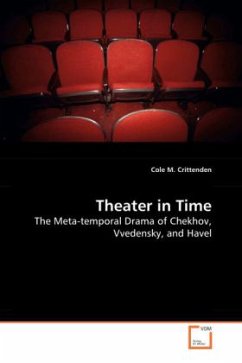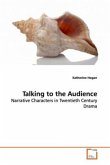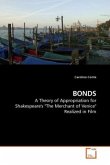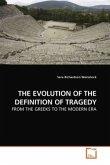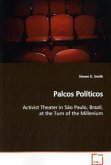This study examines temporalities in dramatic works by three playwrights: Anton Chekhov, Alexander Vvedensky, and Václav Havel. These playwrights, whose works have heretofore been viewed as unrelated, all engage time in ways that make it the central preoccupation of their plays, both thematically and in terms of structure. Chekhov s drama is surprisingly Modernist in this regard, and the affinities between his Three Sisters and later plays by Vvedensky and Havel suggest a shared approach to drama as a genre uniquely capable of presenting and critiquing temporal constructs. Drawing on philosophical, scientific, and historical sources (Bergson s philosophy, the development of Greenwich Mean Time, the Einsteinian Revolution, French Absurdism, etc.) to supplement literary scholarship (Aristotle, Bakhtin, etc.), the study contextualizes Chekhov s innovation and these later playwrights variations and discusses the insights that all three of these authors bring to an understanding of the temporal experience. The work is directed towards readers and researchers in theater arts, Slavic studies, and the philosophy of time.
Bitte wählen Sie Ihr Anliegen aus.
Rechnungen
Retourenschein anfordern
Bestellstatus
Storno

